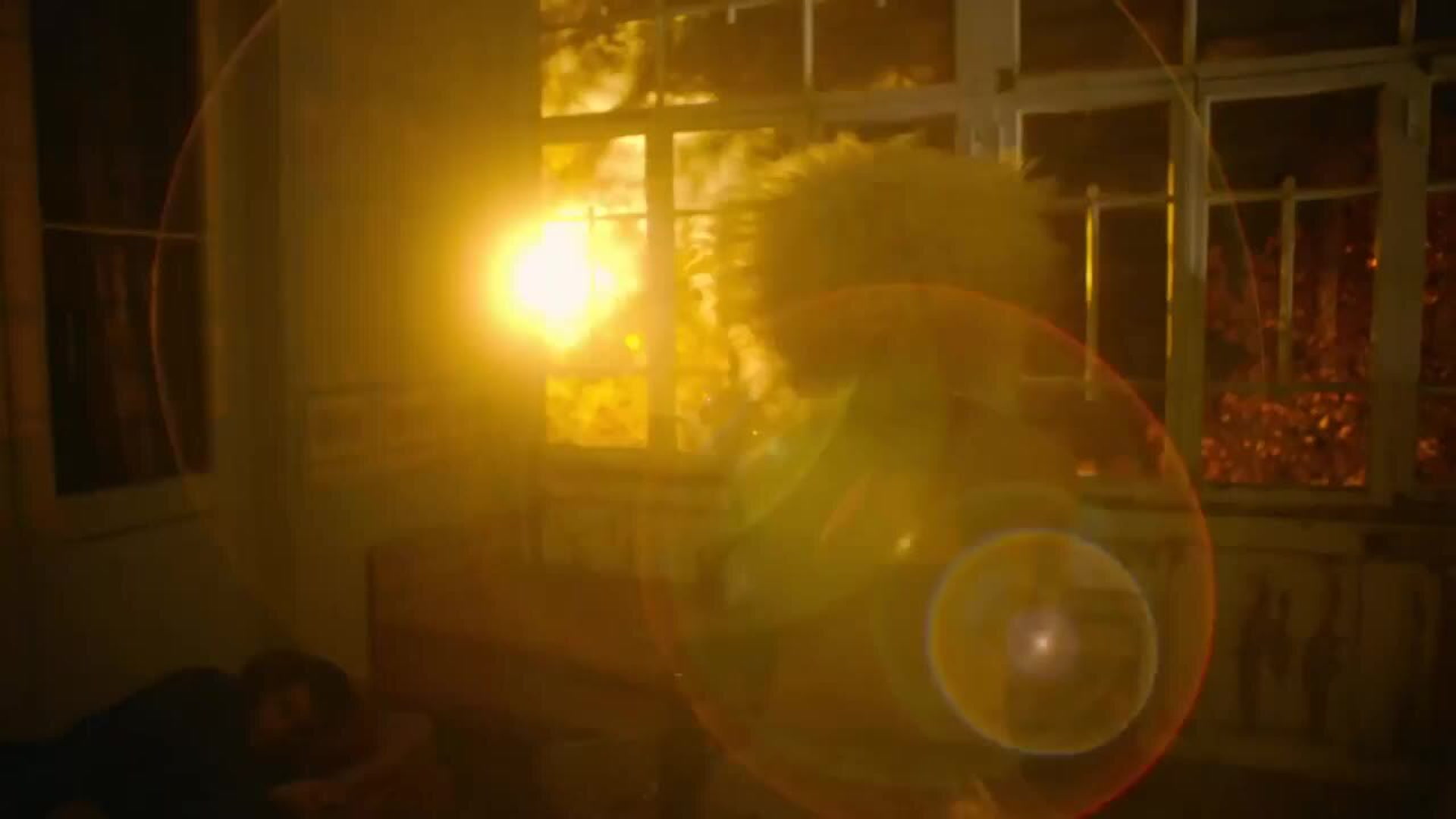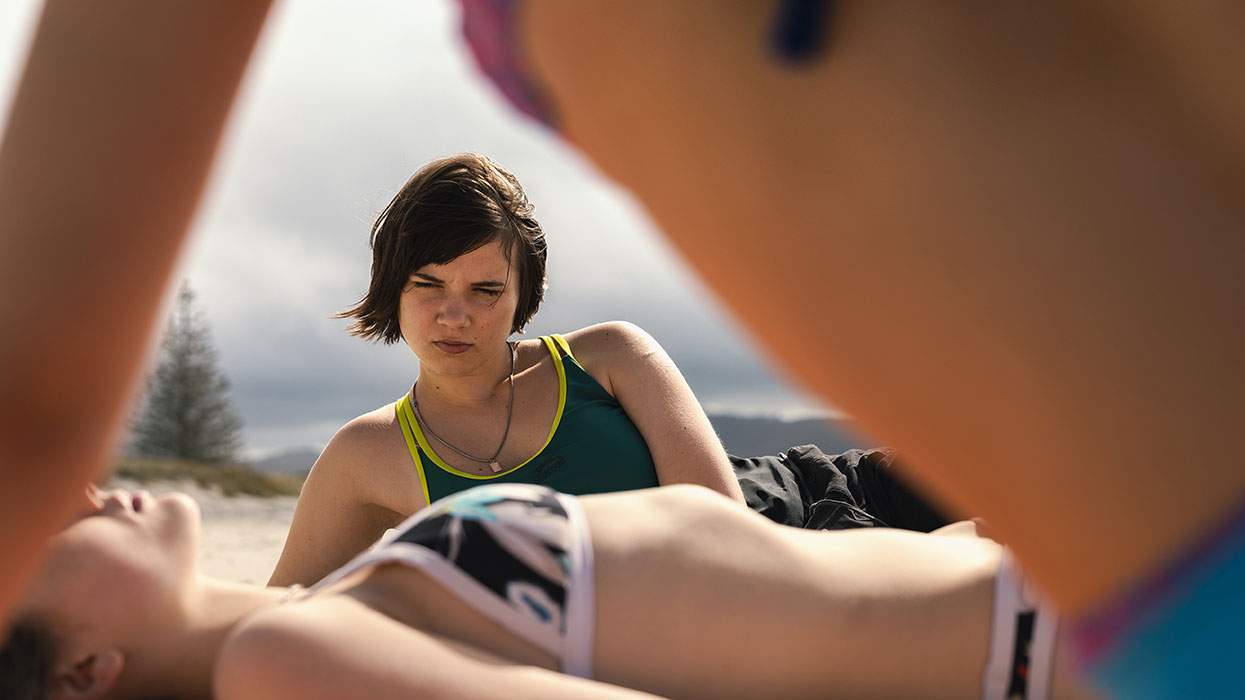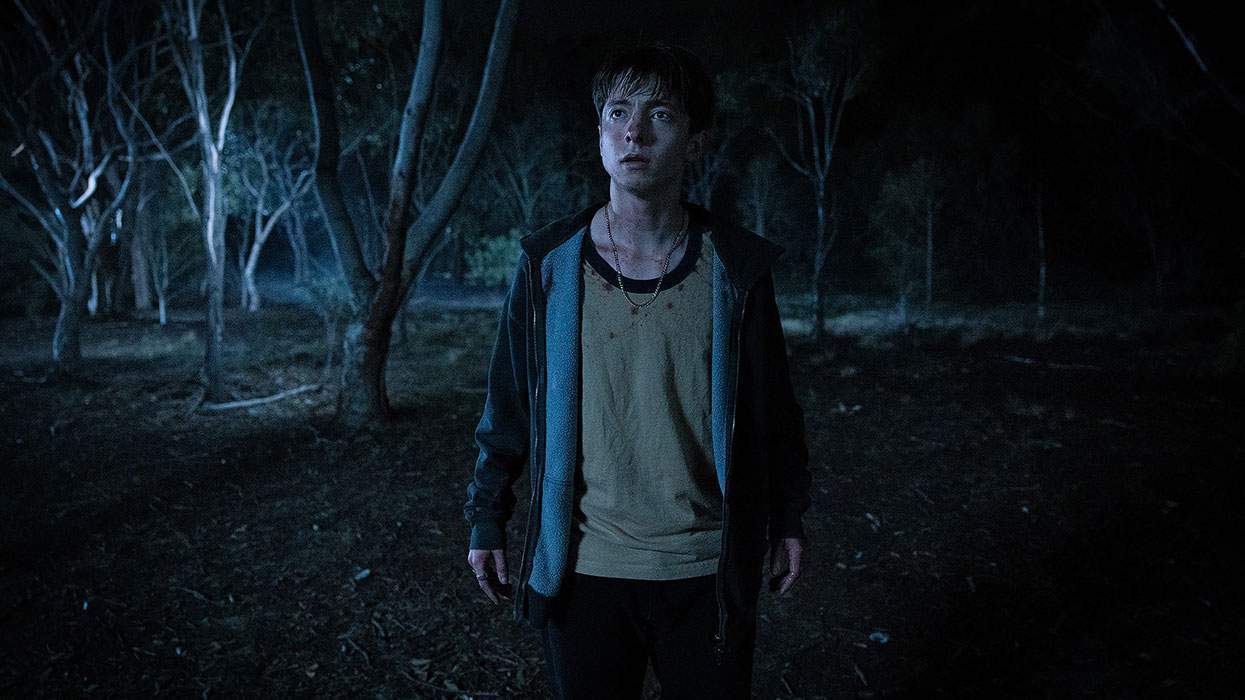As a filmmaker you dream of creating something that touches and inspires people, makes them look at something through someone else's eyes. You want to introduce them to worlds maybe not familiar to them and share experiences they might not have otherwise had. You might even dream of creating and inspiring change.
In 2013, I saw footage of some brave kids trying to have a Pride parade in Tbilisi, Georgia, being brutally attacked by a mob of thousands organized by the Orthodox Church and far-right groups. The footage was incredibly disturbing, and I just couldn't get it out of my mind. Being of Georgian descent, I felt I needed to do something, so I decided to go to Georgia to make a documentary about the situation facing the LGBTQ community. While there, the film evolved into a full-length narrative partly because the subjects were too afraid to be featured in a documentary about the LGBTQ community.
In Georgia, the church, traditional polyphonic singing, and traditional national dance are the cornerstones of it its ancient culture and traditions, the essence of its national identity. And so I chose dance as the backdrop and setting to tell this story. I also really love dance and used to dance as a child and knew that so much could be said and expressed through this art form.
We then starting the casting process, and I knew that I needed someone very special for the lead who could both dance traditional Georgian dance and who could act -- not an easy feat. I found Levan Gelbakhiani, who plays the lead, Merab, on Instagram first. He is a dancer in real life and not an actor, so I worked with him for over six months, filming him and getting him comfortable in front of the camera.
The shoot itself was very tough because of the subject matter. We had to be very careful and secretive, even requiring security guards at times to protect the cast and crew. We filmed guerrilla-style in real locations, so we had to be very fast. In the middle of all this, I would often stop to think how incredible it was that all these people came together despite the difficult and at times dangerous circumstances to tell this story, just like those young kids had braved the counterdemonstrators during the 2013 Pride parade. The domino effect of activism just became so clear, and that activism truly comes in all forms, from the anonymous choreographer who wanted to help and make sure we got it right to Gelbakhiani who risked it all on-screen by portraying a gay dancer in a traditional Georgian dance troupe.
The film, which had its world premiere at the Cannes Film Festival, was finally released November 8 in Georgia. It was met with thousands of protesters, again from the Georgian Orthodox Church and the far right. They stood in front of the cinemas yelling and threatening the moviegoers, even injuring them by throwing stones at them. For me, it was a double-edged sword because on the one hand, I was happy we had made a film that spoke about the issues, but on the other hand, I was terrified something horrible would happen to someone just for going to see the film. In the end, we could only screen the film for three days due to the heavy cost of security that was needed in order to hold the screenings.
Nonetheless, against all odds, the film was a success both in Georgia and abroad, and I find it fitting that it was the first Georgian Pride parade that led to the making o And Then We Danced. It inspired a movement in Georgia, and at protests around the country Georgian LGBTQ activists are now carrying versions of the And Then We Danced poster, even playing the song "Jonny Boy" by Kite from the film at demonstrations and nightclubs alike to help make their voices heard.
And Then We Danced is a film about the importance of redefining your own traditions and taking charge of them, not allowing other people to decide how your tradition and national identity should be interpreted. We struggle with this every day around the world, the idea that our traditions and cultures define who we are and not the other way around. It is therefore so important to carve out your own space in a culture that does not want to accept you.
The soul of a country isn't stagnant but forever transforming. And Then We Danced is my love letter to Georgia.
Levan Akin is a Swedish-born filmmaker of Georgian descent who directed And Then We Danced.
Watch a joyous exclusive clip from And Then We Danced that highlights resilience and self-expression below.
















Charlie Kirk DID say stoning gay people was the 'perfect law' — and these other heinous quotes
These are some of his worst comments about LGBTQ+ people made by Charlie Kirk.